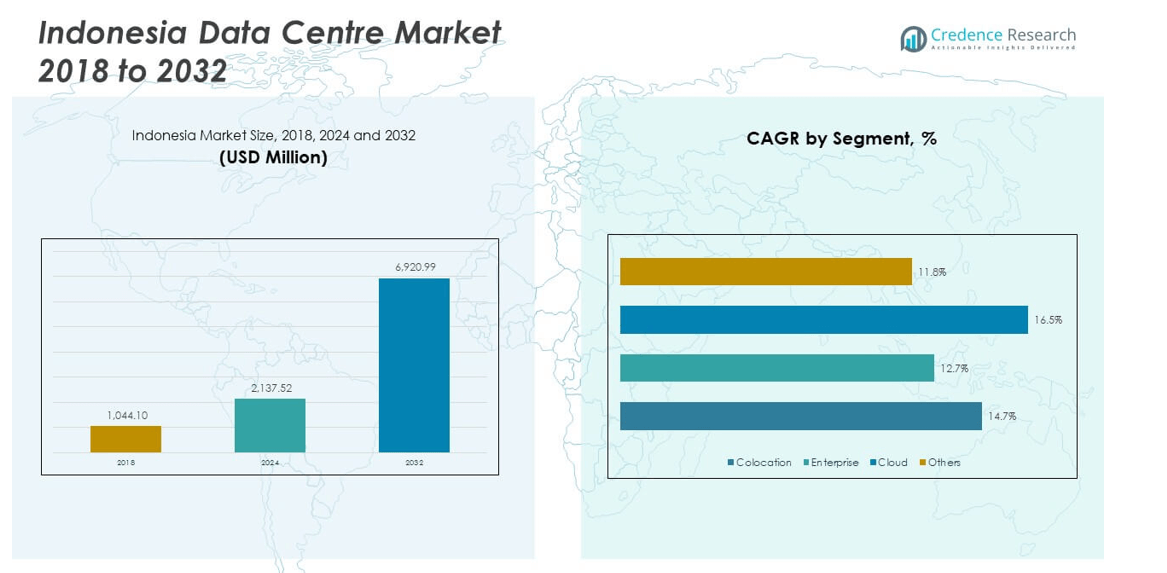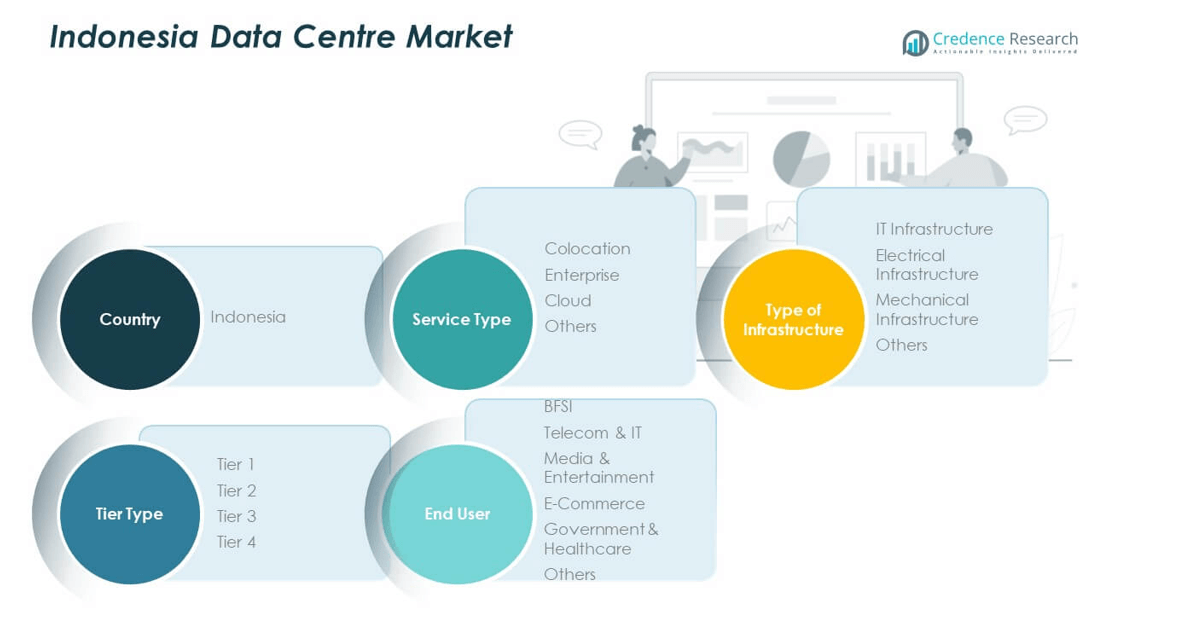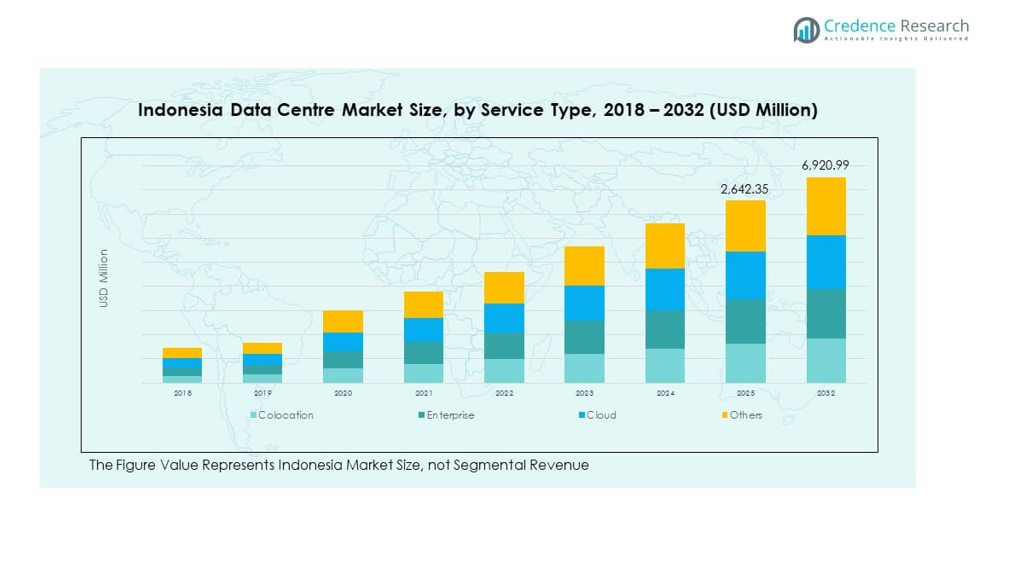CHAPTER NO. 1 : GENESIS OF THE MARKET
1.1 Market Prelude – Introduction & Scope
1.2 The Big Picture – Objectives & Vision
1.3 Strategic Edge – Unique Value Proposition
1.4 Stakeholder Compass – Key Beneficiaries
CHAPTER NO. 2 : EXECUTIVE LENS
2.1 Pulse of the Industry – Market Snapshot
2.2 Growth Arc – Revenue Projections (USD Million)
2.3. Premium Insights – Based on Primary Interviews
CHAPTER NO. 3 : DIGITAL HEALTH MONITORING DEVICES MARKET FORCES & INDUSTRY PULSE
3.1 Foundations of Change – Market Overview
3.2 Catalysts of Expansion – Key Market Drivers
3.2.1 Momentum Boosters – Growth Triggers
3.2.2 Innovation Fuel – Disruptive Technologies
3.3 Headwinds & Crosswinds – Market Restraints
3.3.1 Regulatory Tides – Compliance Challenges
3.3.2 Economic Frictions – Inflationary Pressures
3.4 Untapped Horizons – Growth Potential & Opportunities
3.5 Strategic Navigation – Industry Frameworks
3.5.1 Market Equilibrium – Porter’s Five Forces
3.5.2 Ecosystem Dynamics – Value Chain Analysis
3.5.3 Macro Forces – PESTEL Breakdown
3.6 Price Trend Analysis
3.6.1 Regional Price Trend
3.6.2 Price Trend by Product
CHAPTER NO. 4 : KEY INVESTMENT EPICENTER
4.1 Regional Goldmines – High-Growth Geographies
4.2 Product Frontiers – Lucrative Product Categories
4.3 Application Sweet Spots – Emerging Demand Segments
CHAPTER NO. 5: REVENUE TRAJECTORY & WEALTH MAPPING
5.1 Momentum Metrics – Forecast & Growth Curves
5.2 Regional Revenue Footprint – Market Share Insights
5.3 Segmental Wealth Flow – Product & Type Revenue
CHAPTER NO. 6 : TRADE & COMMERCE ANALYSIS
6.1. Import Analysis by Region
6.1.1. Global Digital Health Monitoring Devices Market Import Volume By Region
6.2. Export Analysis by Region
6.2.1. Global Digital Health Monitoring Devices Market Export Volume By Region
CHAPTER NO. 7 : COMPETITION ANALYSIS
7.1. Company Market Share Analysis
7.1.1. Global Digital Health Monitoring Devices Market: Company Market Share
7.1. Global Digital Health Monitoring Devices Market Company Volume Market Share
7.2. Global Digital Health Monitoring Devices Market Company Revenue Market Share
7.3. Strategic Developments
7.3.1. Acquisitions & Mergers
7.3.2. New Product Launch
7.3.3. Regional Expansion
7.4. Competitive Dashboard
7.5. Company Assessment Metrics, 2024
CHAPTER NO. 8 : DIGITAL HEALTH MONITORING DEVICES MARKET – BY PRODUCT SEGMENT ANALYSIS
8.1. Digital Health Monitoring Devices Market Overview by Product Segment
8.1.1. Digital Health Monitoring Devices Market Volume Share By Product
8.1.2. Digital Health Monitoring Devices Market Revenue Share By Product
8.2. Diagnostic Monitoring Devices
8.3. Therapeutic Monitoring Devices
CHAPTER NO. 9 : DIGITAL HEALTH MONITORING DEVICES MARKET – BY TYPE SEGMENT ANALYSIS
9.1. Digital Health Monitoring Devices Market Overview by Type Segment
9.1.1. Digital Health Monitoring Devices Market Volume Share By Type
9.1.2. Digital Health Monitoring Devices Market Revenue Share By Type
9.2. Wireless health
9.3. Mobile health (mHealth)
9.4. Telehealth
9.5. EHR/EMR
9.6. Others
CHAPTER NO. 10 : DIGITAL HEALTH MONITORING DEVICES MARKET – BY END USER SEGMENT ANALYSIS
10.1. Digital Health Monitoring Devices Market Overview by End User Segment
10.1.1. Digital Health Monitoring Devices Market Volume Share By End User
10.1.2. Digital Health Monitoring Devices Market Revenue Share By End User
10.2. Hospitals
10.3. Homecare settings
10.4. Clinics
10.5. Ambulatory surgical centres
10.6. Others
CHAPTER NO. 11 : DIGITAL HEALTH MONITORING DEVICES MARKET – REGIONAL ANALYSIS
11.1. Digital Health Monitoring Devices Market Overview by Region Segment
11.1.1. Global Digital Health Monitoring Devices Market Volume Share By Region
11.1.2. Global Digital Health Monitoring Devices Market Revenue Share By Region
11.1.3. Regions
11.1.4. Global Digital Health Monitoring Devices Market Volume By Region
11.1.5. Global Digital Health Monitoring Devices Market Revenue By Region
11.1.6. Product
11.1.7. Global Digital Health Monitoring Devices Market Volume By Product
11.1.8. Global Digital Health Monitoring Devices Market Revenue By Product
11.1.9. Type
11.1.10. Global Digital Health Monitoring Devices Market Volume By Type
11.1.11. Global Digital Health Monitoring Devices Market Revenue By Type
11.1.12. End User
11.1.13. Global Digital Health Monitoring Devices Market Volume By End User
11.1.14. Global Digital Health Monitoring Devices Market Revenue By End User
CHAPTER NO. 12 : NORTH AMERICA DIGITAL HEALTH MONITORING DEVICES MARKET – COUNTRY ANALYSIS
12.1. North America Digital Health Monitoring Devices Market Overview by Country Segment
12.1.1. North America Digital Health Monitoring Devices Market Volume Share By Region
12.1.2. North America Digital Health Monitoring Devices Market Revenue Share By Region
12.2. North America
12.2.1. North America Digital Health Monitoring Devices Market Volume By Country
12.2.2. North America Digital Health Monitoring Devices Market Revenue By Country
12.2.3. Product
12.2.4. North America Digital Health Monitoring Devices Market Volume By Product
12.2.5. North America Digital Health Monitoring Devices Market Revenue By Product
12.2.6. Type
12.2.7. North America Digital Health Monitoring Devices Market Volume By Type
12.2.8. North America Digital Health Monitoring Devices Market Revenue By Type
12.2.9. End User
12.2.10. North America Digital Health Monitoring Devices Market Volume By End User
12.2.11. North America Digital Health Monitoring Devices Market Revenue By End User
12.3. U.S.
12.4. Canada
12.5. Mexico
CHAPTER NO. 13 : EUROPE DIGITAL HEALTH MONITORING DEVICES MARKET – COUNTRY ANALYSIS
13.1. Europe Digital Health Monitoring Devices Market Overview by Country Segment
13.1.1. Europe Digital Health Monitoring Devices Market Volume Share By Region
13.1.2. Europe Digital Health Monitoring Devices Market Revenue Share By Region
13.2. Europe
13.2.1. Europe Digital Health Monitoring Devices Market Volume By Country
13.2.2. Europe Digital Health Monitoring Devices Market Revenue By Country
13.2.3. Product
13.2.4. Europe Digital Health Monitoring Devices Market Volume By Product
13.2.5. Europe Digital Health Monitoring Devices Market Revenue By Product
13.2.6. Type
13.2.7. Europe Digital Health Monitoring Devices Market Volume By Type
13.2.8. Europe Digital Health Monitoring Devices Market Revenue By Type
13.2.9. End User
13.2.10. Europe Digital Health Monitoring Devices Market Volume By End User
13.2.11. Europe Digital Health Monitoring Devices Market Revenue By End User
13.3. UK
13.4. France
13.5. Germany
13.6. Italy
13.7. Spain
13.8. Russia
13.9. Rest of Europe
CHAPTER NO. 14 : ASIA PACIFIC DIGITAL HEALTH MONITORING DEVICES MARKET – COUNTRY ANALYSIS
14.1. Asia Pacific Digital Health Monitoring Devices Market Overview by Country Segment
14.1.1. Asia Pacific Digital Health Monitoring Devices Market Volume Share By Region
14.1.2. Asia Pacific Digital Health Monitoring Devices Market Revenue Share By Region
14.2. Asia Pacific
14.2.1. Asia Pacific Digital Health Monitoring Devices Market Volume By Country
14.2.2. Asia Pacific Digital Health Monitoring Devices Market Revenue By Country
14.2.3. Product
14.2.4. Asia Pacific Digital Health Monitoring Devices Market Volume By Product
14.2.5. Asia Pacific Digital Health Monitoring Devices Market Revenue By Product
14.2.6. Type
14.2.7. Asia Pacific Digital Health Monitoring Devices Market Volume By Type
14.2.8. Asia Pacific Digital Health Monitoring Devices Market Revenue By Type
14.2.9. End User
14.2.10. Asia Pacific Digital Health Monitoring Devices Market Volume By End User
14.2.11. Asia Pacific Digital Health Monitoring Devices Market Revenue By End User
14.3. China
14.4. Japan
14.5. South Korea
14.6. India
14.7. Australia
14.8. Southeast Asia
14.9. Rest of Asia Pacific
CHAPTER NO. 15 : LATIN AMERICA DIGITAL HEALTH MONITORING DEVICES MARKET – COUNTRY ANALYSIS
15.1. Latin America Digital Health Monitoring Devices Market Overview by Country Segment
15.1.1. Latin America Digital Health Monitoring Devices Market Volume Share By Region
15.1.2. Latin America Digital Health Monitoring Devices Market Revenue Share By Region
15.2. Latin America
15.2.1. Latin America Digital Health Monitoring Devices Market Volume By Country
15.2.2. Latin America Digital Health Monitoring Devices Market Revenue By Country
15.2.3. Product
15.2.4. Latin America Digital Health Monitoring Devices Market Volume By Product
15.2.5. Latin America Digital Health Monitoring Devices Market Revenue By Product
15.2.6. Type
15.2.7. Latin America Digital Health Monitoring Devices Market Volume By Type
15.2.8. Latin America Digital Health Monitoring Devices Market Revenue By Type
15.2.9. End User
15.2.10. Latin America Digital Health Monitoring Devices Market Volume By End User
15.2.11. Latin America Digital Health Monitoring Devices Market Revenue By End User
15.3. Brazil
15.4. Argentina
15.5. Rest of Latin America
CHAPTER NO. 16 : MIDDLE EAST DIGITAL HEALTH MONITORING DEVICES MARKET – COUNTRY ANALYSIS
16.1. Middle East Digital Health Monitoring Devices Market Overview by Country Segment
16.1.1. Middle East Digital Health Monitoring Devices Market Volume Share By Region
16.1.2. Middle East Digital Health Monitoring Devices Market Revenue Share By Region
16.2. Middle East
16.2.1. Middle East Digital Health Monitoring Devices Market Volume By Country
16.2.2. Middle East Digital Health Monitoring Devices Market Revenue By Country
16.2.3. Product
16.2.4. Middle East Digital Health Monitoring Devices Market Volume By Product
16.2.5. Middle East Digital Health Monitoring Devices Market Revenue By Product
16.2.6. Type
16.2.7. Middle East Digital Health Monitoring Devices Market Volume By Type
16.2.8. Middle East Digital Health Monitoring Devices Market Revenue By Type
16.2.9. End User
16.2.10. Middle East Digital Health Monitoring Devices Market Volume By End User
16.2.11. Middle East Digital Health Monitoring Devices Market Revenue By End User
16.3. GCC Countries
16.4. Israel
16.5. Turkey
16.6. Rest of Middle East
CHAPTER NO. 17 : AFRICA DIGITAL HEALTH MONITORING DEVICES MARKET – COUNTRY ANALYSIS
17.1. Africa Digital Health Monitoring Devices Market Overview by Country Segment
17.1.1. Africa Digital Health Monitoring Devices Market Volume Share By Region
17.1.2. Africa Digital Health Monitoring Devices Market Revenue Share By Region
17.2. Africa
17.2.1. Africa Digital Health Monitoring Devices Market Volume By Country
17.2.2. Africa Digital Health Monitoring Devices Market Revenue By Country
17.2.3. Product
17.2.4. Africa Digital Health Monitoring Devices Market Volume By Product
17.2.5. Africa Digital Health Monitoring Devices Market Revenue By Product
17.2.6. Type
17.2.7. Africa Digital Health Monitoring Devices Market Volume By Type
17.2.8. Africa Digital Health Monitoring Devices Market Revenue By Type
17.2.9. End User
17.2.10. Africa Digital Health Monitoring Devices Market Volume By End User
17.2.11. Africa Digital Health Monitoring Devices Market Revenue By End User
17.3. South Africa
17.4. Egypt
17.5. Rest of Africa
CHAPTER NO. 18 : COMPANY PROFILES
18.1. Dexcom, Inc.
18.1.1. Company Overview
18.1.2. Product Portfolio
18.1.3. Financial Overview
18.1.4. Recent Developments
18.1.5. Growth Strategy
18.1.6. SWOT Analysis
18.2. Abbott Laboratories
18.3. Medtronic
18.4. Omron Healthcare
18.5. A&D Medical
18.6. Withings
18.7. AliveCor
18.8. Apple Inc.
18.9. iRhythm Technologies
18.10. Philips Healthcare
18.11. ResMed






